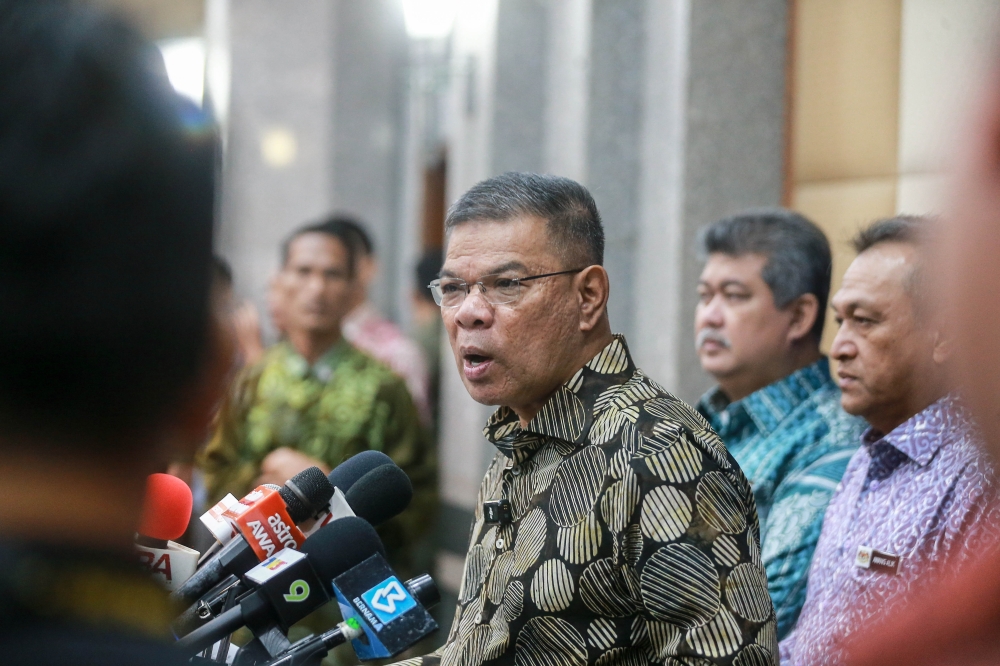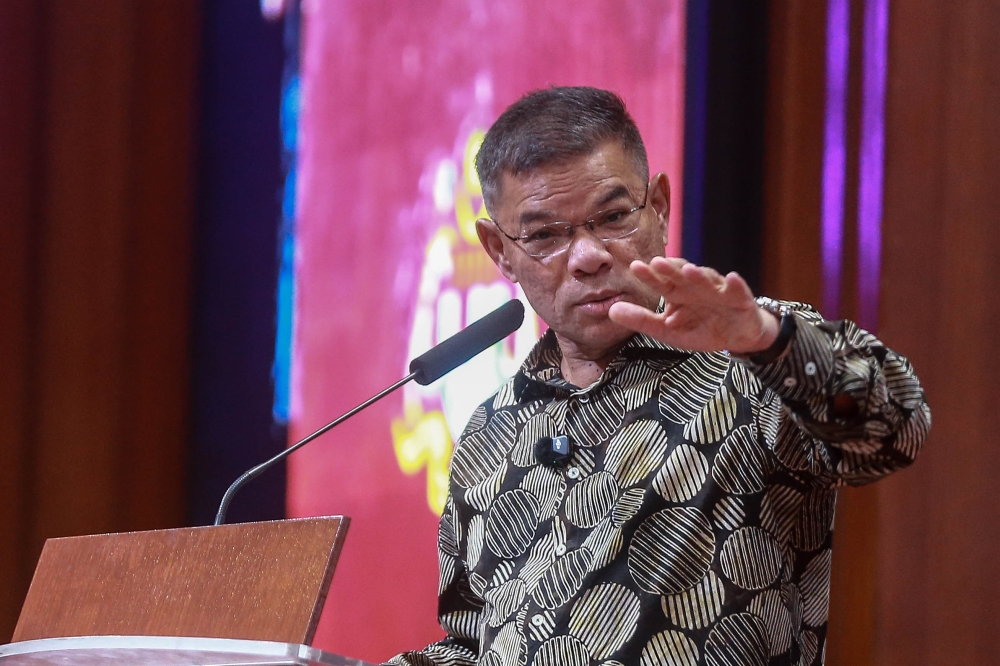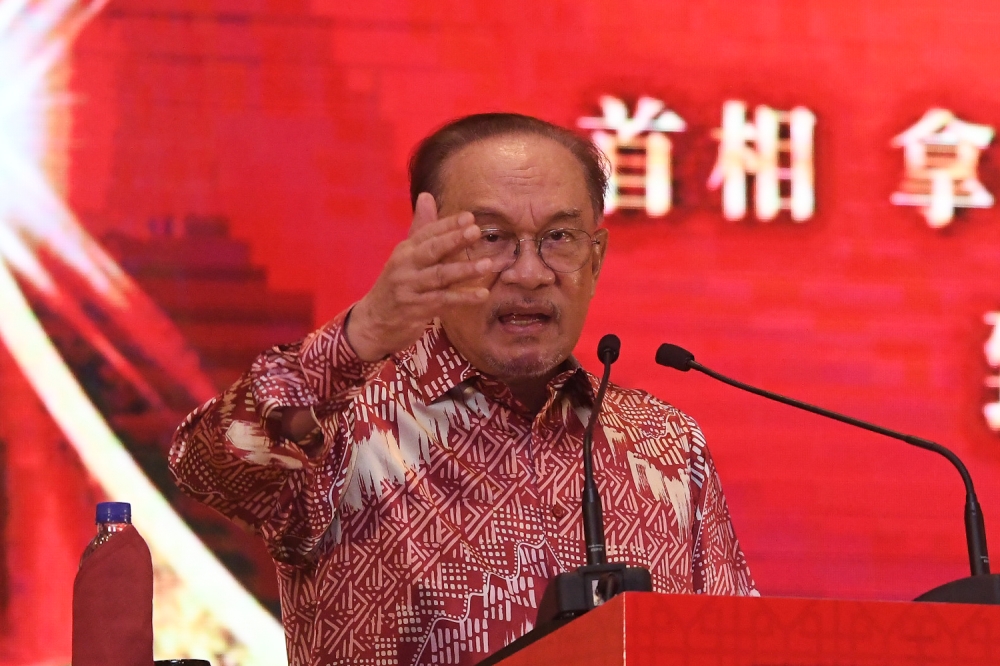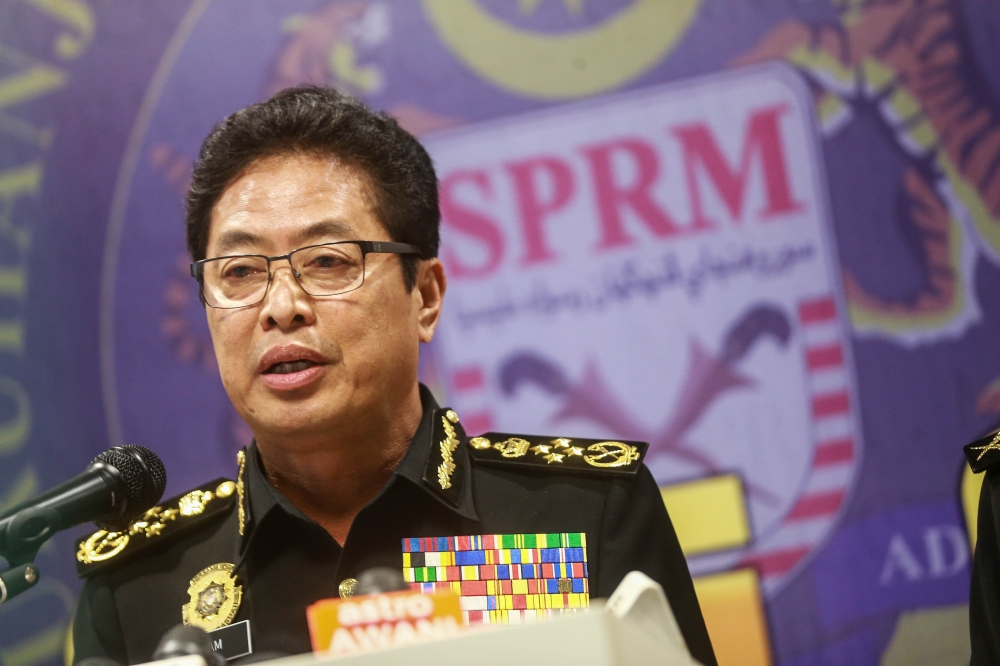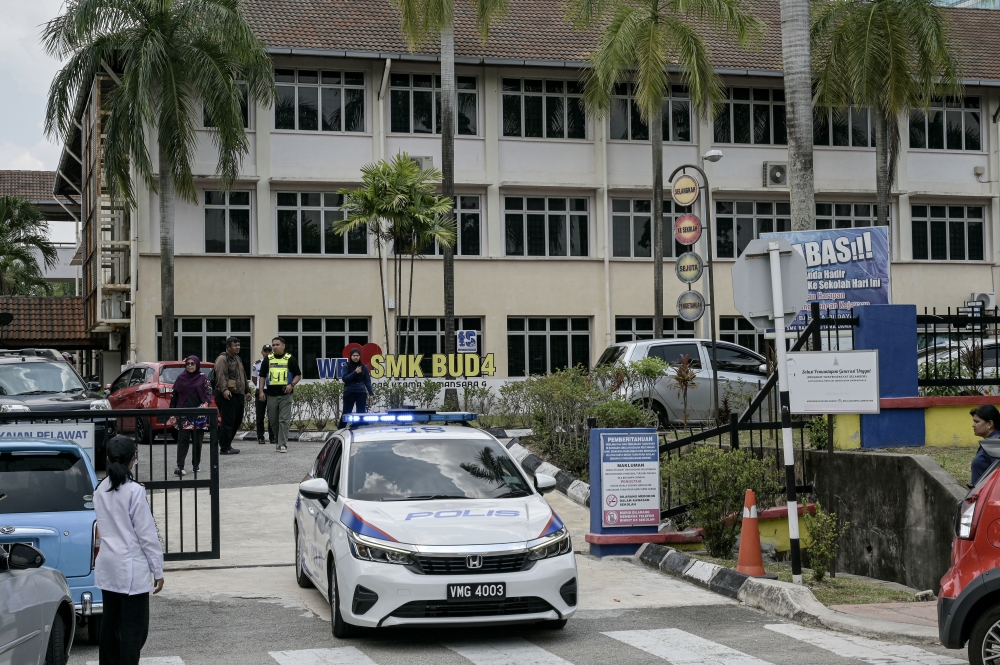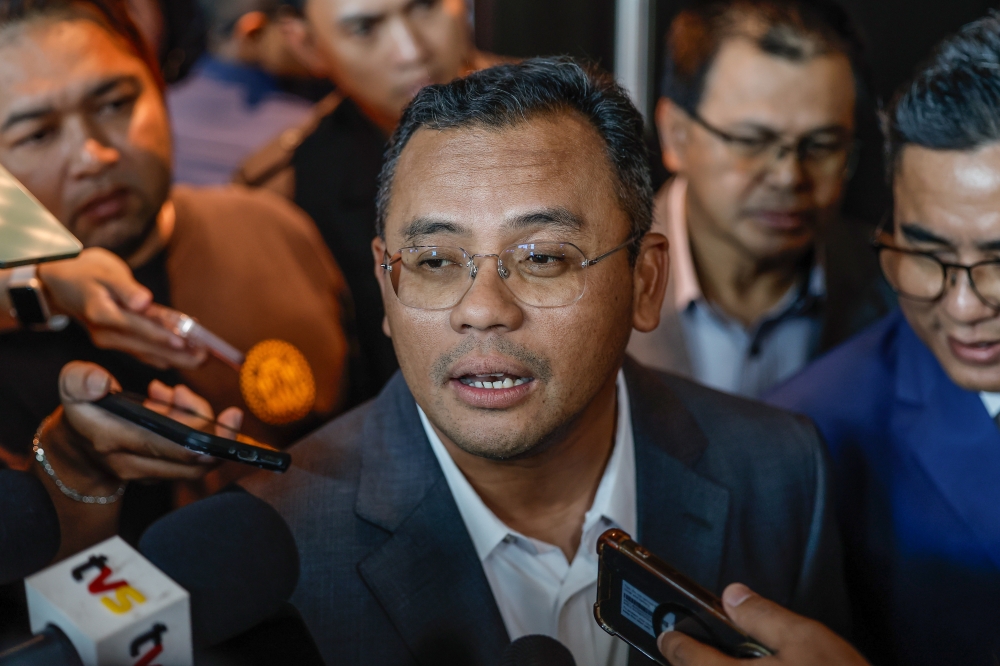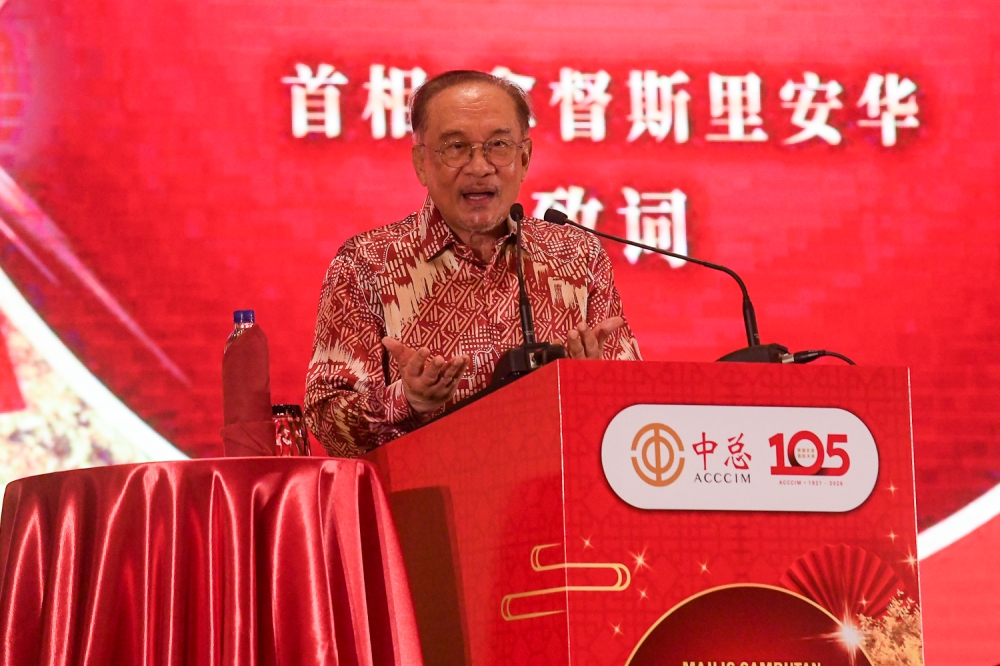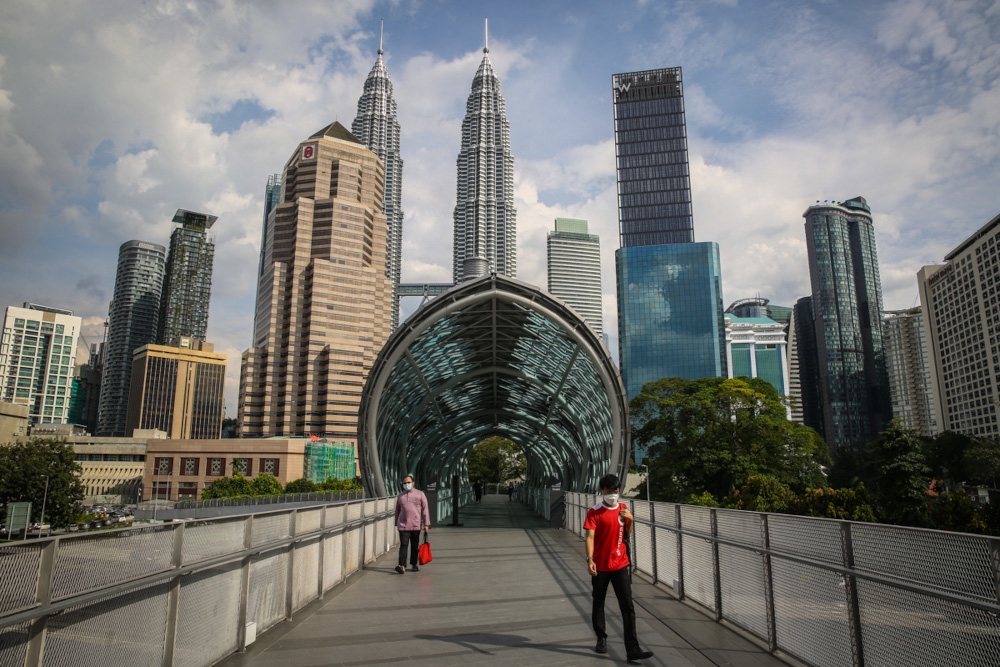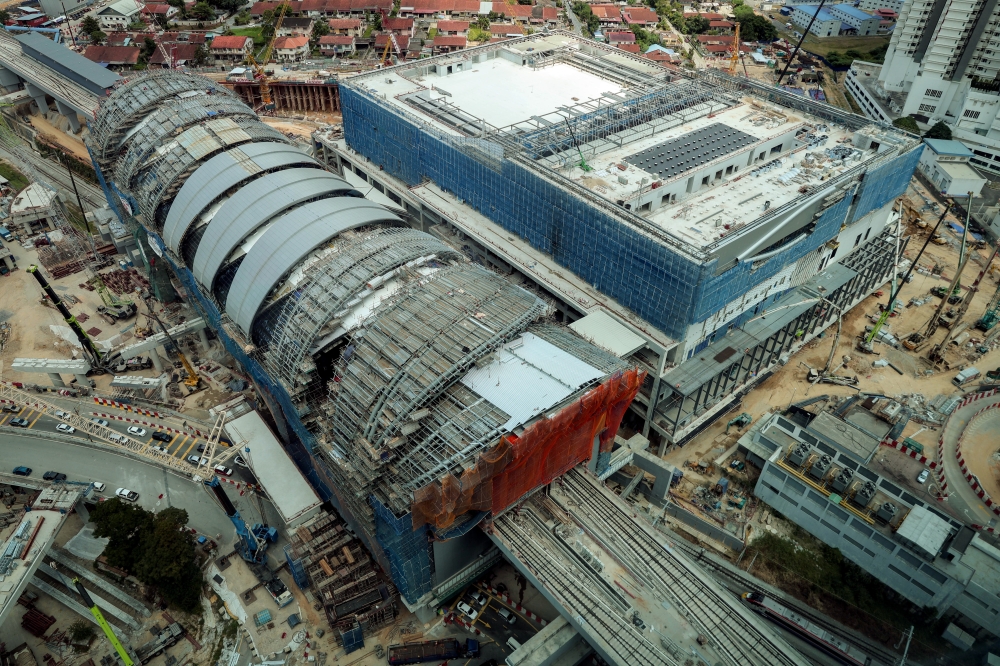OCTOBER 14 — There’s a youth art exhibition in the city, #Bersama2050 (Together2050). It imagines Malaysia 30 years from now. I doubt the artists factored themselves into their fifties by then and coughing up taxes to support an aged population. If they did, probably the artwork and videos would be a tad bit grimmer.
It is no longer young? It is, but just within the margin for now.
By our own estimates, one in seven Malaysians would be above 65 in 2030, or 15 per cent of the population — statistically ageing. By 2050, at the current trajectory, the country would be comfortably above 20 per cent or one in five persons at least labelled senior citizens. Exceeding present-day Italy or Japan.
It’s inevitable with development.
There are two related news items which cyclically appear, Malaysians are not saving enough or taking out too much too soon from the nest egg, and the demographic age average has risen or is still rising.
They are clues to a mystery which unfortunately most ignore.
Reactions, or lack thereof, suggests readers are indifferent, bemused it’s an elaborate government nag to get them to save or sappy request for them to hug grandma
It’s really pointing out, tornado ahead. Build a bunker.
Perhaps, our politicians have not utilised the right number of crayons to draw the nightmare scenario.
How will it look?
.jpg)
Queues at welfare offices as senior citizens seek government support, for their paltry savings dried up quickly post retirement and family cover is inadequate. The spectre of homelessness among the class is real.
Government hounded by middle-aged voters unwilling to fund civil service pensioners. There’ll be a record number of retired civil servants and its share of the budget is substantial.
Social services; outpatient, assisted living, disabilities care and pharmaceutical supplies just begin to describe that with longer life-expectancy and advanced medical treatments, newer challenges emerge.
Just practical problems like more elderly filling up PPRs (public housing) administered by local authorities. There’d be access questions, and all of which translates to cost.
By 2030, not even 2050, alternative energy would be just energy as it normalises into economies and oil and gas dies in the cold. Translated, oil money won’t cover the shortfalls. Taxpayers must.
The situation is dire.
Into the great nothing
There are no quick fixes, and in many instances a fix is near impossible.
Couples in their forties with three kids and no disposable income or savings like EPF, will remain in the rut for another 20 years when they become senior citizens.
Unlike the children two generations prior, their progeny may have only acquired student debt through their tertiary experience straight through into their mid-twenties with limited career advancement options.
The shambolic management of the country’s economy for the past 20 years compounds adversely the ageing situation.
They have failed to raise wage levels and persisted with the Mahathir-model to repress salaries with utilisation of foreign labourers. The Covid-19 pandemic has revealed belatedly that actual foreign labour count is much higher than announced.
Any effort to increase wages for young Malaysians, and sustain a suitable number of jobs for the local workforce young and old as retirement age rises would be predicated on restrictive foreign labour policies.
Cue also, the clamour to up Universal Basic Income (USB), pay people to live which is already evident in BSH (Bantuan Sara Hidup).
There are a lot of Malaysians not earning enough and heading to retirement without fixed income and the government has a major headache.
First it has to concede the bill is huge and set to grow.
Then lead the conversation, not just claiming quick fixits short on details. The country needs to take the first steps in an arduous process to confront an inevitable challenge.
Living in mature Malaysia
While the arguments over how to pay the bill continue, parallelly the conversation on how to streamline society to the ageing is necessary.
Social programmes like elder fellowships, sporting facilities and access must be figured out by local councils, the primary drivers of community cohesion.
A friend was upset that elderly people are employed in restaurants. According to her, grandparents should be home playing with their grandchildren. However, she fails to recognise the continued need for personal fulfilment, an elevation of self, fuelled by social progress. They fiercely defend their individualism.
I am grandpa, I am also a hotel manager of 30 years. I like fewer work hours but I still enjoy work. I love my grandchildren but I don’t have to hold them all day till my love chokes them or have them see me as a two-dimensional artifact with little else to offer.
Certainly, grandfathers like Dennis Tan who heads the Sarawak Gerontology and Geriatrics Society (SGGS). He was livid there was a request to retire drivers at 70.
While the argument that all age-groups contribute to road accidents, the counter point that ageing brings with it reduced physical capacities does hold.
Driving licence is just the tip of the iceberg.
Things like legal rights, euthanasia and pot-smoking ageing communes are the next discussions in an ever increasing ageing population.
Clint Eastwood
Old people are old, as young people are young.
People are people, young or old.
While on the phone with Dennis from the SGGS he told me the government should facilitate the ageing to play a role to coordinate and execute plans and programmes for the ageing. How so simple, yet gone missing? Let the ageing community carry the burden to direct efforts, even when it comes to vaccination. They are closer to their own problems.
What they need, he felt, is to be enabled and supported by authorities.
The ageing of Malaysia coincides with the norms of a different aged community, forming a larger bulk of the country. Voting power notwithstanding.
It is that speaking about the old of 2050, we are speaking about today’s primary taxpayers. While still with leverage they should ask that the government does better to protect their future and prepare a social construct today to be ready tomorrow for them.
The ageing of Malaysia should be seen as a triumph of development and technology, and a reconstructed society ready for a larger say and role for the aged would be a testament of our development.
There are tricky steps to navigate, but with the participation of the old and young today and in the future. Malaysia will get older but not decayed.
*This is the personal opinion of the columnist.

